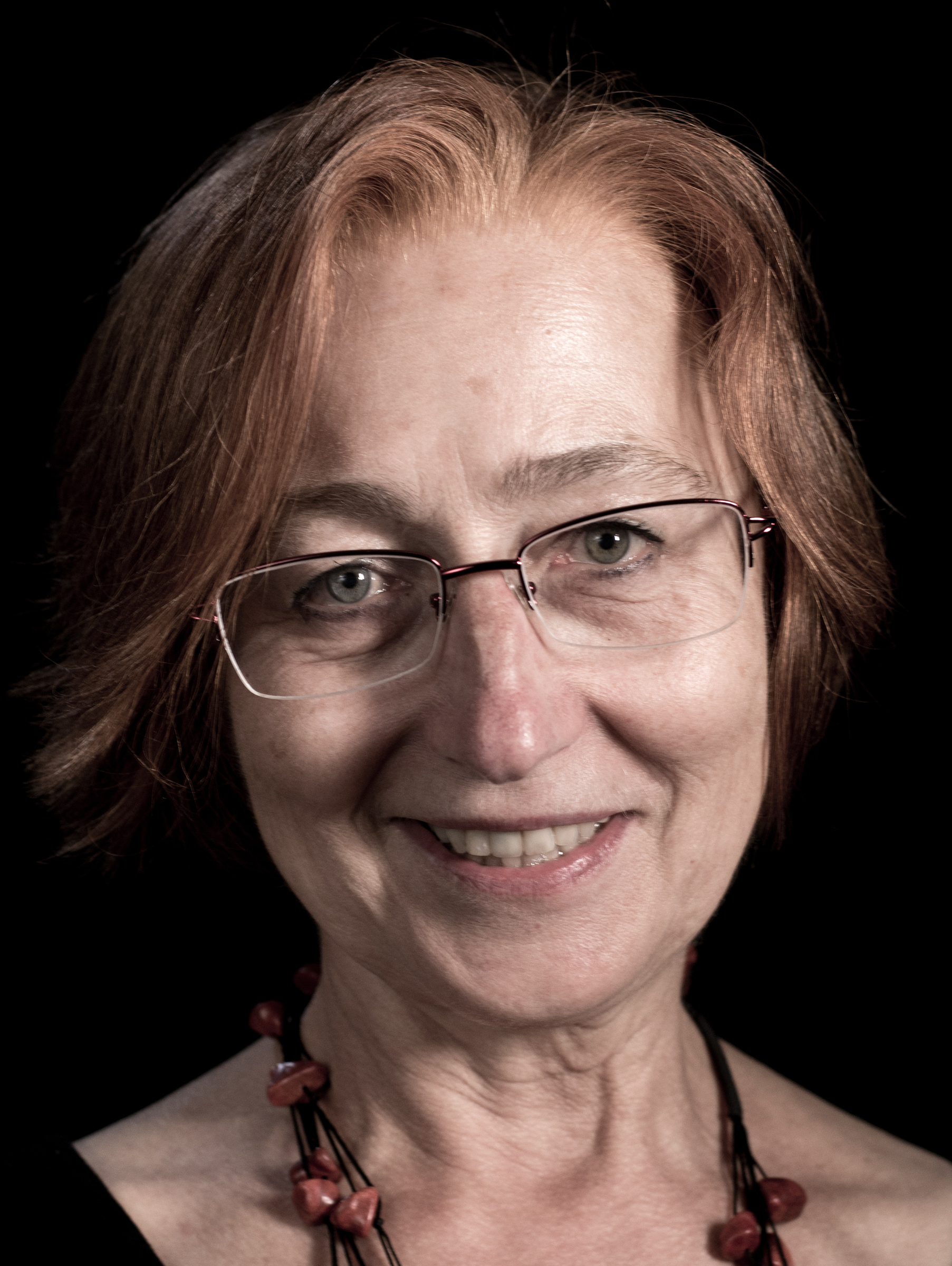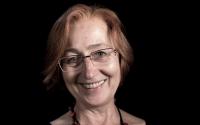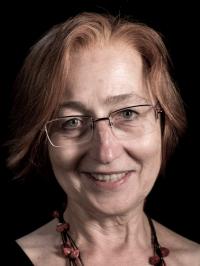I found it easier, more sensible and nicer to tell everyone: ‘This is how I see it and count me out‘

Stáhnout obrázek
Jarmila Johnová was born on 20 January 1949 in Prague. Her father worked in welfare services, her mother as an office worker. Under the influence of WW II, in 1945 her parents joined the Communist Party. After finishing elementary school in Prague‘s Žižkov quarter she went on to study at a grammar school from which she graduated in 1967. She had spent the summer months of 1968 as an au pair in Great Britain. In 1969 she resisted the regime for the first time, refusing to take part in elections. In 1974 she graduated from the University of Economics and took up a job at the State Institute of Preservation and Environmental Protection. Two years later she met her future partner Jiří Dienstbier thanks to whom she later signed Charter 77, as did her father Josef John. In early January 1977 she gave birth to a daughter Kristina but soon thereafter got engaged in various activities done by people from the Charter circles. She transcribed texts, transported and distributed materials, photographed meetings of signatories, documents, as well as protests. Later on, she and Jan Ruml distributed Lidové Noviny samizdat newspaper and copy machines used for photocopying unofficial publications. In the course of time she became more engaged with environmental issues, and within the independent initiative Ekoforum she established intense collaboration with Ivan Dejmal. Later she collaborated with Terezie and Andula Hradílková in the Prague Mothers initiative. After the Velvet Revolution she has been active in the environmental civil society, and also teaches English.

